|
Who are you? What do your clothes say about you? What is the uniform you've donned? Clothing consists of a variety of cultural symbols. We prefer to dress up as people whose style of dress says a lot about ourselves. For example, people with vivid and well-defined roles are strongly indicated by the way they dress (www.overcomingbias.com). Your clothing could stand for modesty, vanity, utility, etc. Have you donned an unfitting uniform? Perhaps at some level our society admires people whose lives are defined and structured by a standard identity and recognizable costumes. Perhaps media, television and movies persuade us to think a certain way about people who play a particular role. Or at least we admire them when their role has high status, like docs, athletes, millionaires, etc. Unfortunately, sometimes costume stereotypes reinforce the idea that a culture remains static, both over time and among individuals, when in fact the time and age factors vary greatly and we can constantly change, grow, and evolve into more complex beings. Think about how long you will wear a particular article of clothing. Is it just for the season? For as long as it in in style? As long as it fits you? Most of us change our clothing between 1-5 years. That could be 100 or more sets and styles of clothing in a lifetime. Further, we don different clothing depending on what role we are about to play. When I’m working at Café Chloe, I have to wear a brown t-shirt, jeans, and a long brown apron. However, when I’m teaching yoga, I wear fitting and comfortable leggings and a sports top. Further, when I going to an evening event, I’ll wear a dress and high heels. The list goes on, a different uniform, or mask for each occasion or side of me. Some evidence correlates fluctuations in women's fashions (skirt length, width of waist, and depth of neckline) with major social and political upheavals. In addition to trends, we should also consider the persons involved, including the internal cultural variations and conflicts of style. In most parts of highland Ecuador, people still identify themselves as indigenous and as belonging to a particular ethnic subgroup by the clothes and ornaments they wear (Costume and Identity in Highland Ecuador, Hilda Kupera). Although formerly the most distinctive costumes tended to occur among the more isolated and independent groups, today their use has more to do with the degree of political or ethnic consciousness felt by each group. Some people are even wearing ethnic dress as a political statement against forced assimilation. Various components of social identity are shaped by common histories, shared experiences, legal and historical decisions and day to day interactions, each of which somehow informs who we are and how we relate to the world. Although costumes can range from simple to elaborate, obvious to esoteric, classic to contemporary, sometimes costumes can be offensive by being insensitive, harmful, or disrespecting to an entire culture. Most cultures prefer not to have their rich history reduced to a laughingstock at a party. Oftentimes people create a stereotype of an identity while overlooking the true nature of diversity and complexity within the individual. On my recent trip to Salzburg, I found that many Austrian men love to daily wear lederhosen. I saw these traditional “costumes” in almost every store. At first, I thought it was just for the upcoming Annual Festival, but then I learned from a local that they are a symbol of regional pride in Bavaria and the other areas where they are worn, but are rarely seen elsewhere. The role of lederhosen in Bavaria is comparable to the cowboy hat in the United States.. Some men wear them when gardening, hiking, working outdoors, or attending folk festivals or beer gardens. With each uniform we wear comes rituals like competing in races, dining in upscale restaurants, or soaking up the sun at the beach. Does the costume still fit? Do your rituals still resonate deep within you? What do your costumes say about you? What is the cultural costume you've put on? Why do you want to pretend to be someone else? Does pretending to be someone else bring clarity or illusion? Which side of myself would I like to explore more? Many of us put on costumes to feel powerful, silly, sexy, noble, or adventurous. Is this a part of you that is missing/needs more development? “We may value foreign elements not only because they are new but because they seem to accord more faithfully with our identity and commitments than anything our homeland can provide (Alain de Botton, The Art of Travel).” “In most of our human relationships, we spend much of our time reassuring one another that our costumes of identity are on straight (Ram Dass).” "If you continue to cling to what you built, you will have to continually and perpetually defend yourself. You will have to keep everybody and everything straight in order to reconcile your conceptual model with reality. It’s a constant struggle to keep it together (Michael A. Singer, The Untethered Soul: The Journey Beyond Yourself).” First, we construct ourselves. We choose a costume. Do those close to you overly identity with the “you” who is the mask, rather than the real you? Like an actor or actress on the stage. Do you play a great role? However, when the show is over, it’s time to take off the costume and become the real authentic you. Relationship is between two real people – not two masks – not two costumes. “Our responses to the world are crucially molded by the company we keep, for we temper our curiosity to fit in with the expectations of others. Being closely observed by a companion can also inhibit our observation of others; then, too, we may become caught up in adjusting ourselves to the companion's questions and remarks, or feel the need to make ourselves seem more normal than is good for our curiosity (Alain de Botton, The Art of Travel).” Are you wearing a mask? Do you know when to take off the mask and be your vulnerable true self? “Stop a minute and think about whether you are always “on” or whether you have people, places, moments in your life where you can take off the mask and be the beautiful, unique, authentic you (Brian Thompson, Uniforms and Rituals, Costumes of Identity).” Who am I?
1 Comment
Rebekah
10/23/2015 06:32:35 pm
Love your pics! I have not thought about our regular clothes as a costume before. Interesting reflection. I do believe our style does play a large role in how we are initially perceived by others.
Reply
Your comment will be posted after it is approved.
Leave a Reply. |
Hannah Faulkner
|
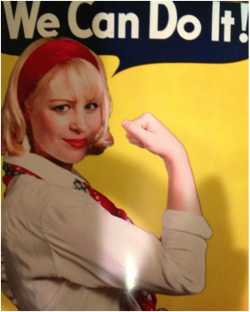
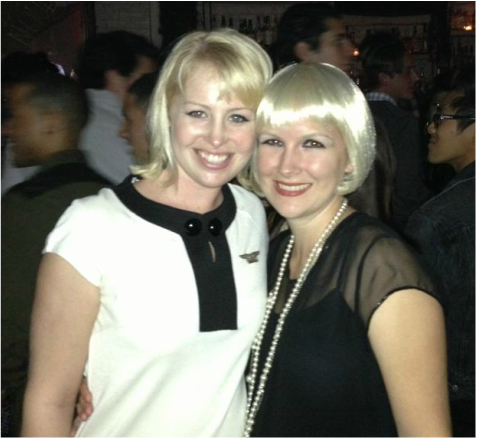
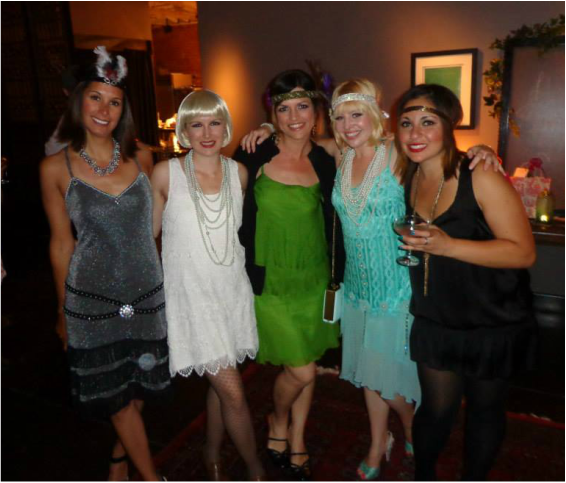
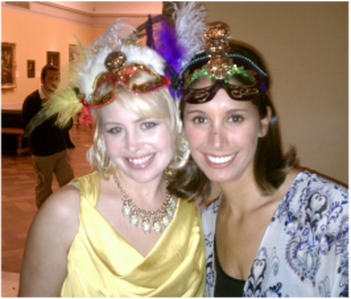
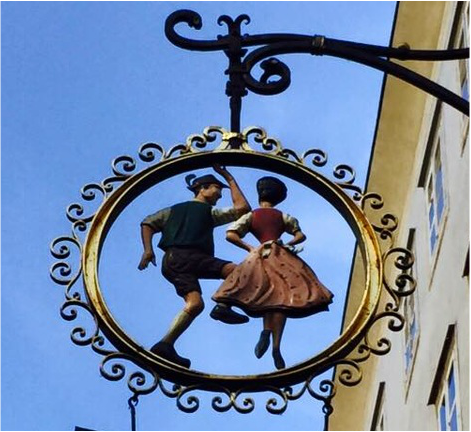
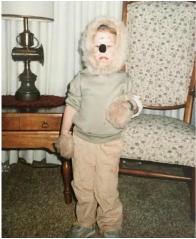
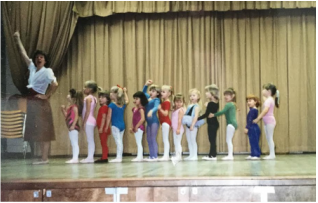
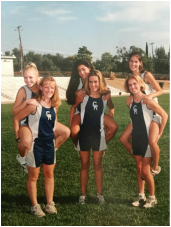
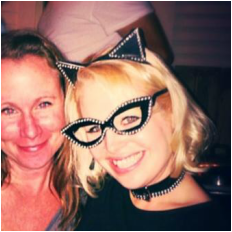
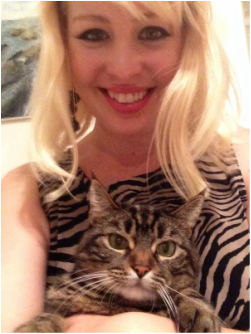
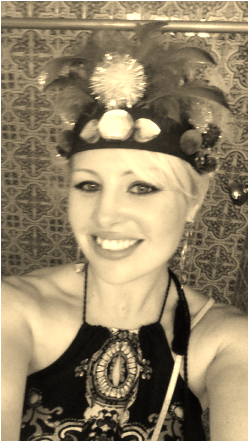

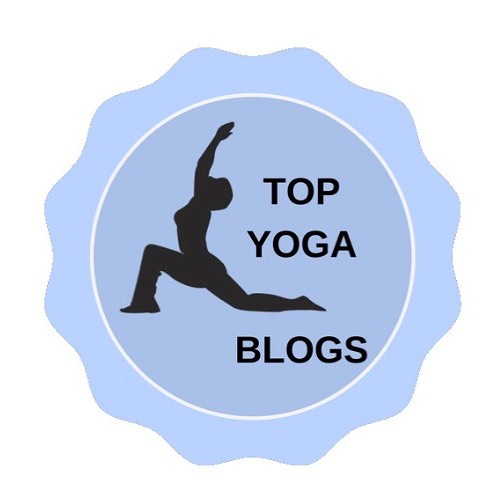
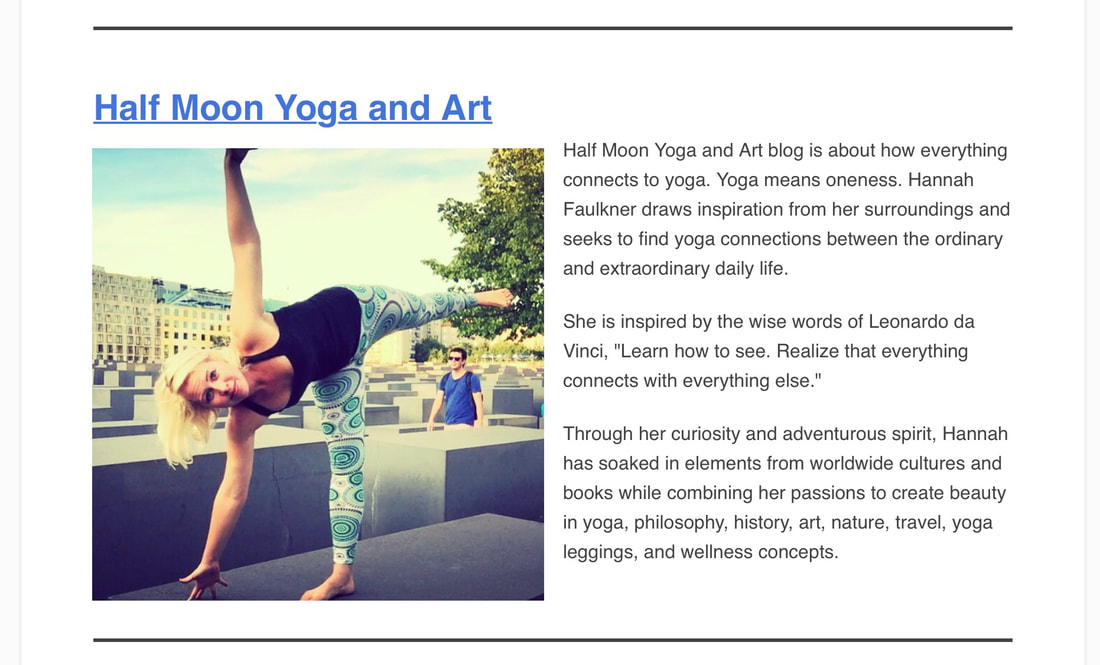

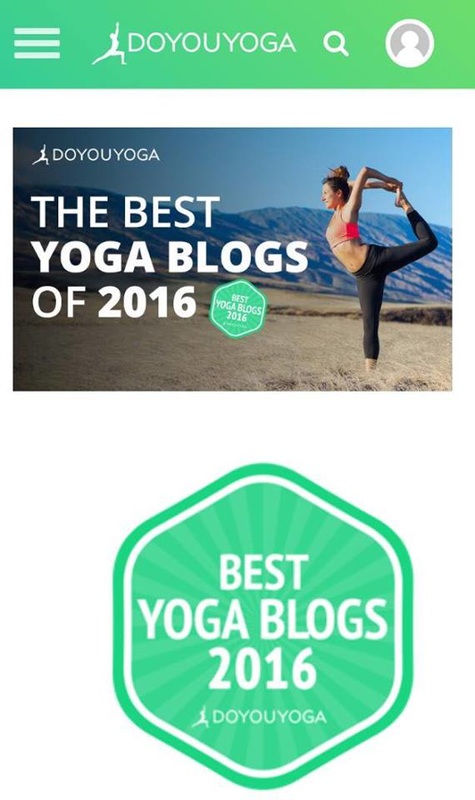


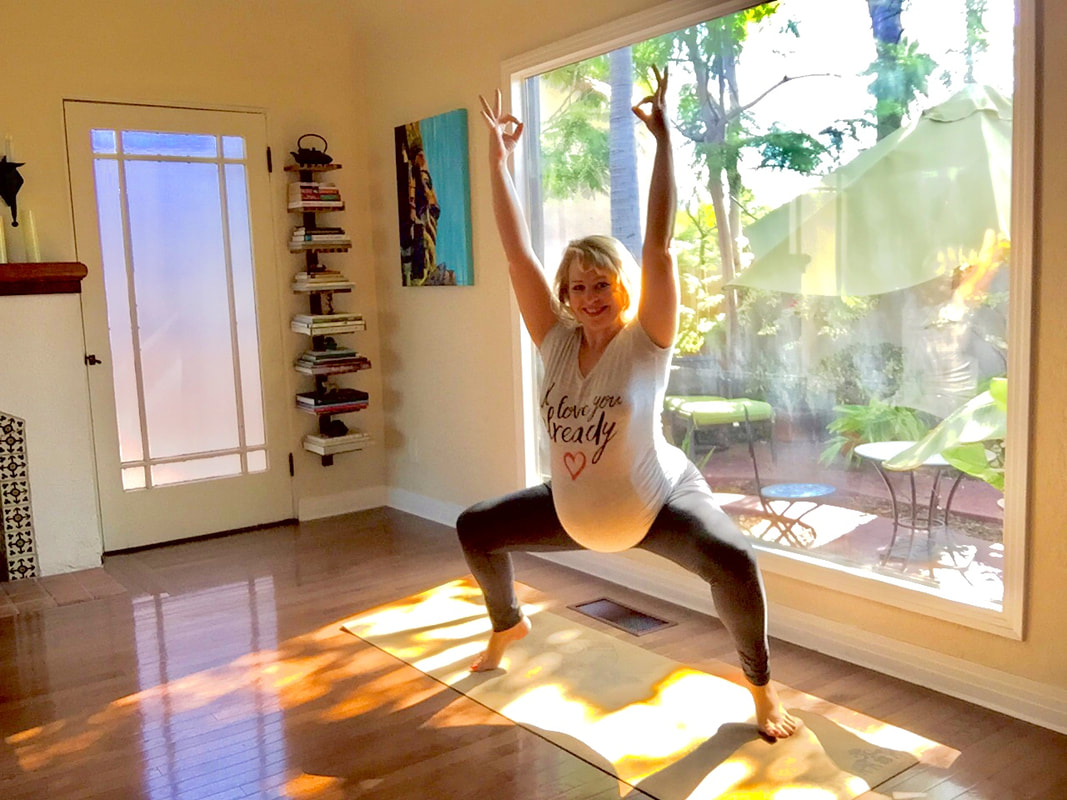
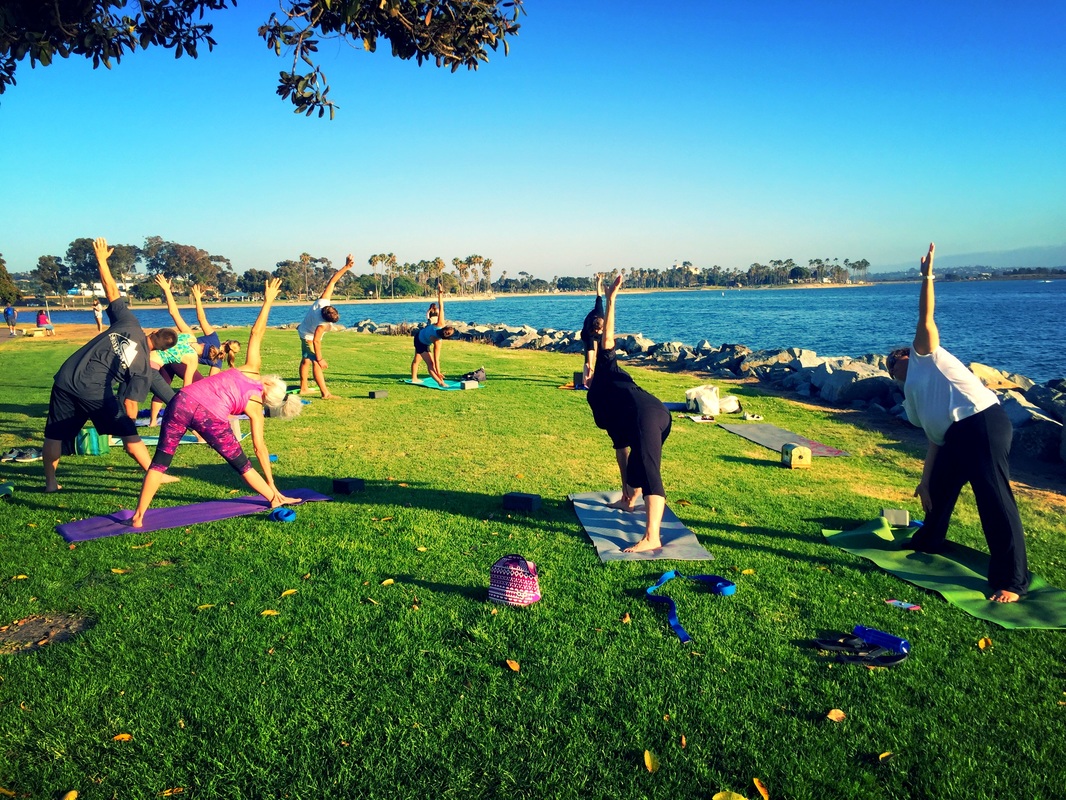
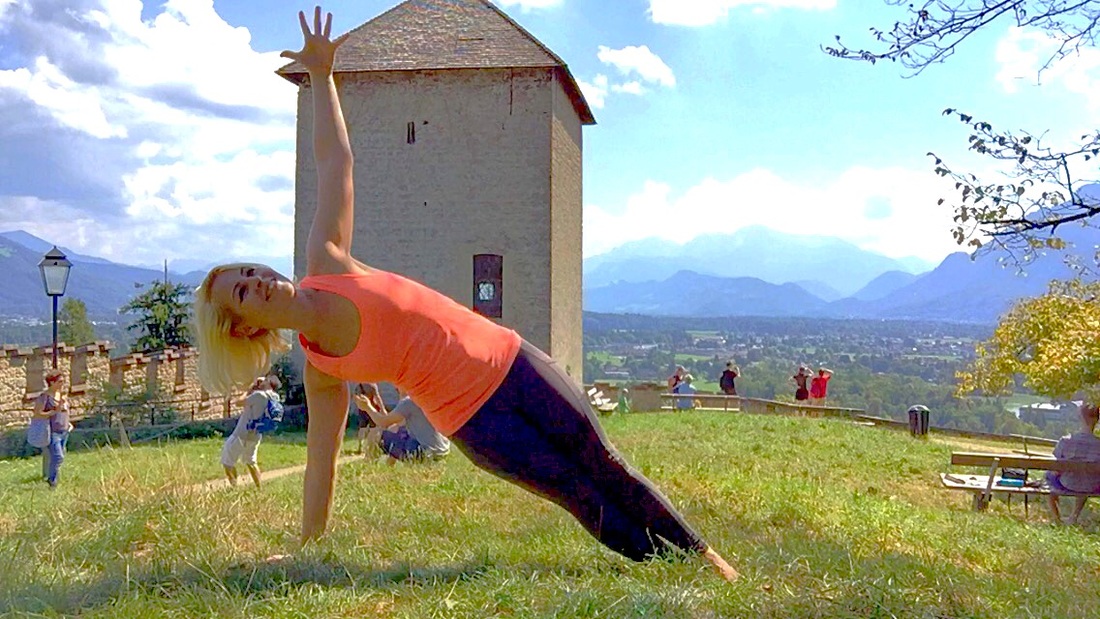
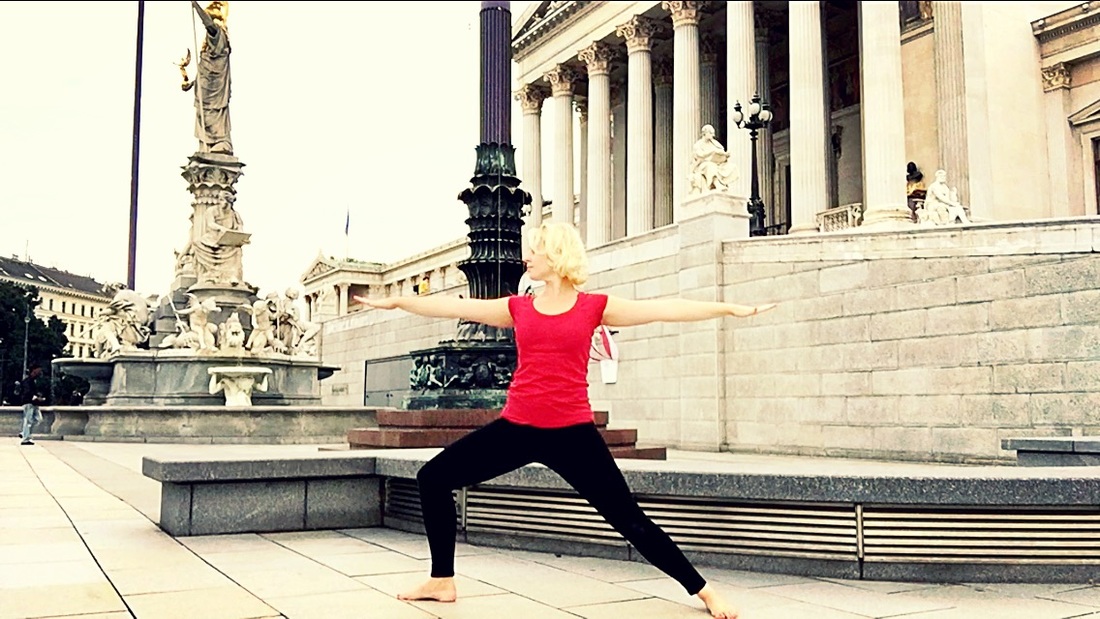
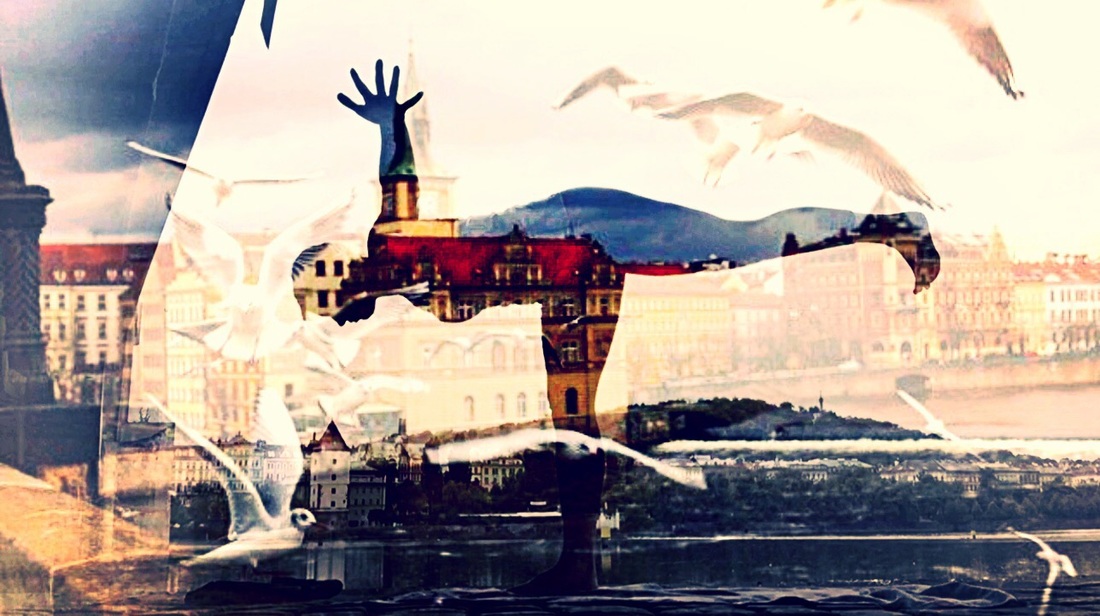
 RSS Feed
RSS Feed